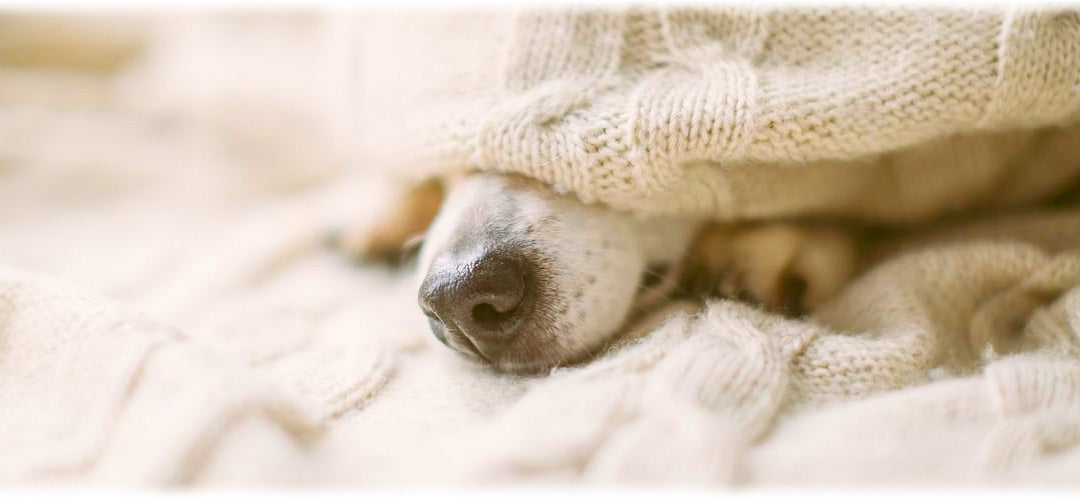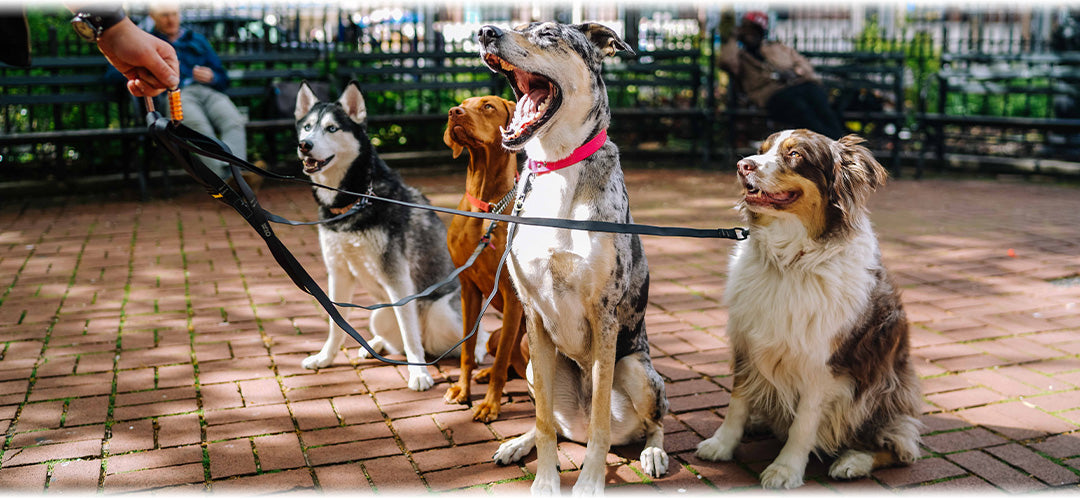
Taking care of your pets is often compared to taking care of children, they become part of your family and bring joy to your life.
So, you naturally want to keep them happy and healthy to keep them in your lives for as long as possible.
As with any living creature, there are straightforward and easy steps to follow, like exercising regularly, eating well, and taking care of their mind and body. We’ve put together a few tips on how as a pet owner, you can keep your pets healthy.
• Top Five Ways To Keep Your Pet Happy & Healthy
While it can be easy, as adults, to maintain a healthy, balanced diet and lifestyle, it can be a challenge for pets, without the right kind of support. In fact, for pets, if they aren’t getting the right amounts of vitamins, minerals and key nutrients in their daily diets, it can quickly lead to health implications for them.
Combining diet with lots of time outdoors, spent playing, exercising and burning off any excess energy, will not only keep your pets fit and healthy, it will also regulate their hormonal balance for good mental and emotional wellbeing.
Making sure they get the right balance of protein, fat and essential nutrients in their food will help ensure they lose none of their natural vitality. Here are the key ways of ensuring your pets stay healthy:
• Exercise
Naturally, exercise will help improve your pet’s health, with some animals needing more than others. Dogs for example need between 30 minutes and two hours of exercise per day, depending on factors such as breed, size and overall health. This also comes with benefits for you as the owner, as it encourages you to get out and about as well.
• Nutrition
A good, nutritious diet is essential for pets to stay healthy. Feeding your pet the right type of food and the right amount will help them maintain a healthy weight. It’s always best to consult a vet about what pet foods and potential diets are best for your pet - every animal is different so an expert opinion is important.
• Regular check-ups & medication
As mentioned before, it’s always best to consult with a vet on any specific questions you have regarding your pet, so make sure you book regular appointments, even if you think your pet is healthy. This will ensure relevant vaccinations are done and preventative medications are given to avoid ticks, heartworms and fleas, among other health issues.
• Grooming
Making sure your pet has trimmed nails, regular baths and brushes will not only make them look better but it will also allow you to keep tabs on any changes in the fur and skin. Look for any lumps or bumps in the skin as well as dandruff, bald patches or dry skin and if you have any concerns, raise them with your vet.
• Behaviour
You know your pet better than anyone and as you would with a friend or family member, you’ll notice when something isn’t quite right. Get to know what’s normal behaviour for your pet as this will make it easier to identify if there are any problems.
• Warning Signs Your Pet Could Be In Bad Health
The signs above are all indicators of good pet health, and provided your pet is displaying all of these, you should have nothing to worry about. However, if any of the following start to occur, it’s worth getting your pet checked out by a vet to make sure there are no severe problems with its health.
• Changes in weight
Unexplained weight loss or weight gain may indicate that your pet is experiencing health issues. When it comes to cats and dogs, discussing a meal plan with your vet will help to maintain their weight. That way, when you do notice changes, you’ll know it’s not from over or under-feeding them and that you need to get them checked.
• Changes in personality
If your pet is unwell or in pain, you’ll soon realise. You may notice a decrease in their energy levels, or, in dogs, they may become less social and begin to withdraw from people. Pay attention if your pet becomes aggressive or snappy when you get close to a particular area, this may be the source of their discomfort.
• Loss of appetite
As with any family member, you will notice when your pet no longer has an interest in food or drink. The only difference is, your pet can’t tell you what’s wrong. If your pet suddenly has a loss of appetite and just moves food around the bowl without finishing it, it may be time to visit the vet. Similarly, drinking excessive amounts of water can also indicate that your pet has a fever or kidney issues.
• Should My Pet Be Socialisng With Other Pets?
It has been found that, in dogs especially, socialising from a young age with humans and other pets decreases the chances of aggression and antisocial behaviour in the future. Taking your pet on walks and inviting friends over will only benefit them, although be mindful if you have a rescue pet and make sure you are up to date on their history before introducing other people and animals.
Affection is also key in your pet’s happiness and therefore their health. Cuddles, belly rubs and encouraging sounds are all great ways to increase your emotional connection with them. It also promotes positive interaction with other pet owners and pets when you come across them in the park or when you have guests over at the house.

• Do I Need To Spay Or Neuter My Pet?
Neutering or spaying your pet has many benefits, aside from avoiding kittens and puppies! It can prevent illness or disease which, in turn, will extend their life expectancy. For females in particular, spaying them will prevent the unwanted behaviours that come with being in heat, such as irritability and yowling. Similarly, for males it will cut down on any aggression and the excessive testosterone which can be dangerous for domestic animals.
• Can Pets Have Supplements?
There are a number of pet supplements that will help you ensure your furry friends are getting all the essential daily vitamins, minerals and nutrients they need to lead happy, healthy lives. In combination with a good diet and lots of exercise, they can help to reduce your pets’ anxiety and keep them calm, promote good digestive and immune system function and help them to maintain healthy skin, coats, teeth, eyes and joints.
Lily & Loaf offers a variety of pet supplements that have been created with great-tasting, individual formulations that pets will love, and target a number of pet-related health concerns.
All our Nutri-Pets products are manufactured with care, using the finest natural ingredients, to GMP standards and ISO 9001 Quality Assurance, so you can be sure your pet is getting only the best daily nutrition. From anxiety and immunity to natural support for healthy joints, skin and coats, along with supplementing their intake of daily vitamins and minerals, our products are designed to give your pets everything they need to live happy, fulfilling lives by your side.
Check out this link to our pet product collection to find out more:
Disclaimer:
Information and other content provided in Lily & Loaf blogs should not be construed as medical advice and should not be considered a substitute for professional medical expertise. If you have any medical concerns, you should consult with your health care provider.



